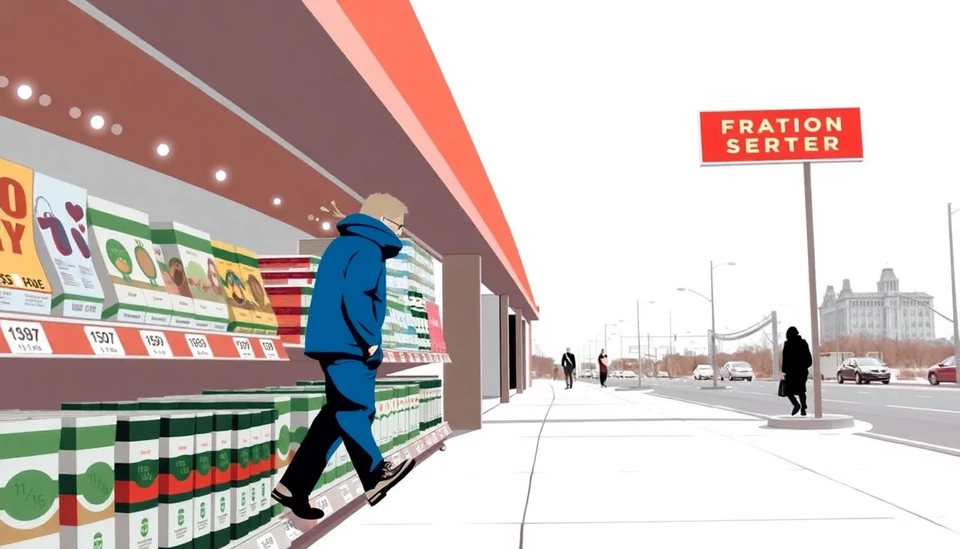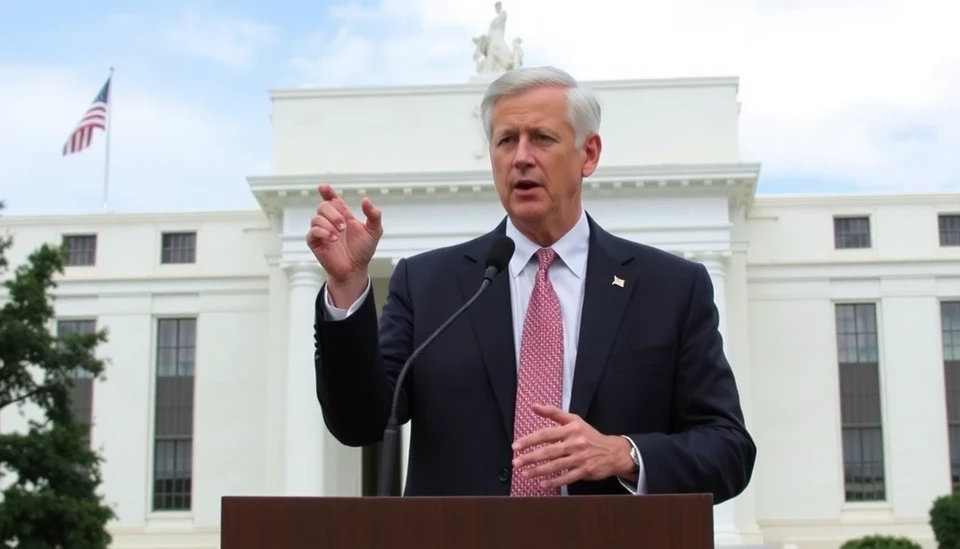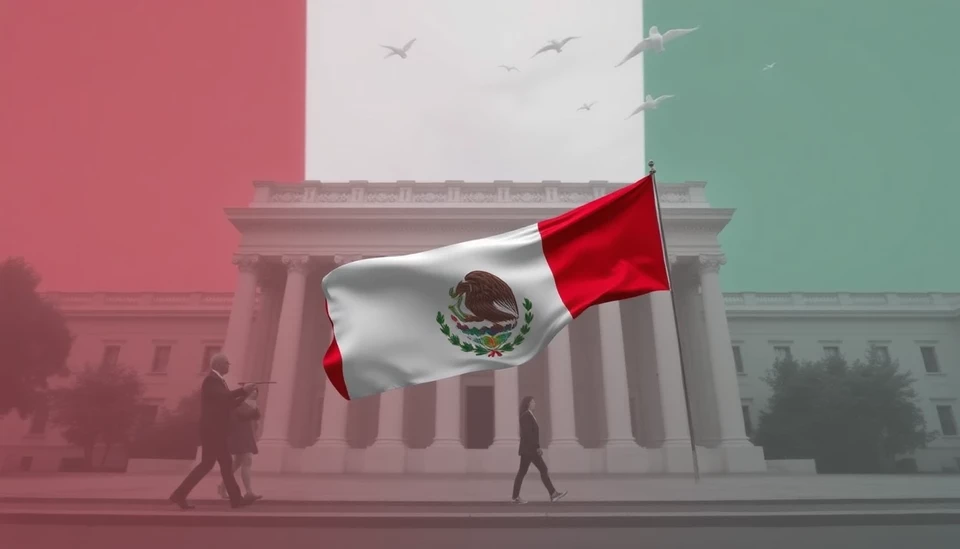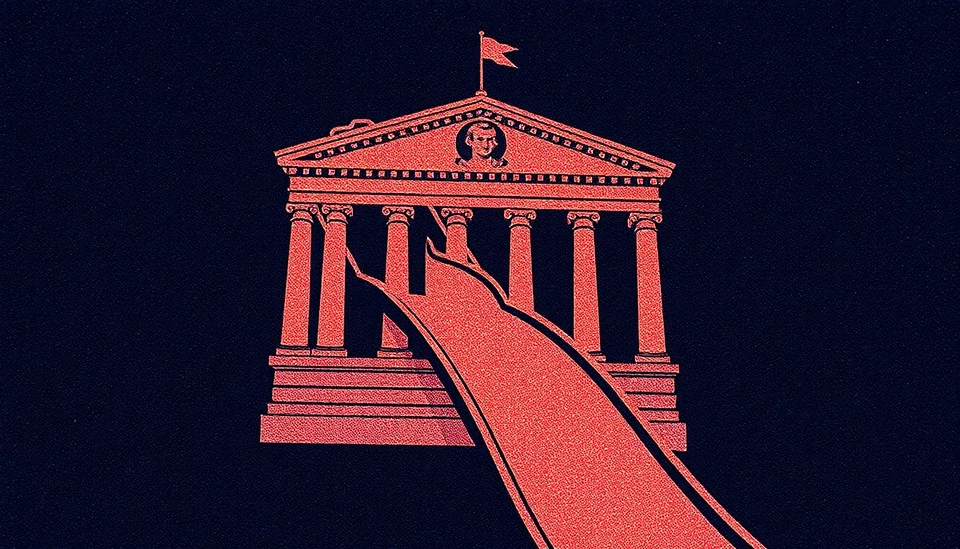
In a startling development for the American economy, consumer inflation expectations have jumped to their highest levels since 2008. This comes as a response to increasing concerns about rising prices and economic stability, which have been exacerbated by recent fluctuations in energy and food prices.
The latest data from a survey conducted by the Federal Reserve of New York indicates that consumers expect the inflation rate to rise by approximately 5.0% over the next three years. This figure marks a significant increase from previous months and mirrors sentiment from over a decade ago when the U.S. faced similar inflationary pressures in the wake of the financial crisis.
Experts are sounding alarms about the potential implications of these heightened inflation expectations. Economists warn that if consumers perceive prices to be on a long-term upward trend, they may adjust their spending habits accordingly. This could lead to a self-fulfilling prophecy where higher inflation becomes entrenched in the economy, prompting businesses to raise prices even further in anticipation of consumer behavior.
At the same time, the increase in inflation expectations raises questions about the Federal Reserve's strategies in managing monetary policy. With interest rates already elevated following a series of hikes aimed at curtailing inflation, the Fed may find itself in a precarious position. Any missteps could exacerbate economic challenges, making it difficult to balance growth while keeping inflation in check.
Moreover, consumer sentiment regarding inflation is not just a reflection of immediate price changes; it showcases broader anxieties about economic stability amid ongoing global challenges. Supply chain disruptions, geopolitical tensions, and fluctuating energy prices all play into the increased concern among consumers. Historically, high inflation expectations can lead to more pronounced consumer behavior changes, potentially dampening spending and economic growth in the long run.
The survey results are alarming for policymakers who continue to grapple with managing inflation while fostering economic recovery post-pandemic. With the U.S. labor market showing signs of strength but overall consumer confidence wavering, striking a balance will be critical for the Fed in its upcoming meetings.
As inflation expectations soar, the ripple effects could impact everything from consumer spending to investment decisions. Economists and financial institutions will be closely monitoring these developments in the coming months, as they could signal a more complicated economic landscape ahead.
In conclusion, the surge in consumer inflation expectations to levels not seen since the financial crisis amplifies concerns about the sustainability of U.S. economic growth. As consumers brace for potential higher prices, the challenge for economic policymakers becomes clearer: how to navigate these uncharted waters filled with inflationary pressures while supporting recovery efforts.
#Inflation #ConsumerExpectations #Economy #FederalReserve #EconomicGrowth #FinancialCrisis #PriceRise
Author: Daniel Foster




